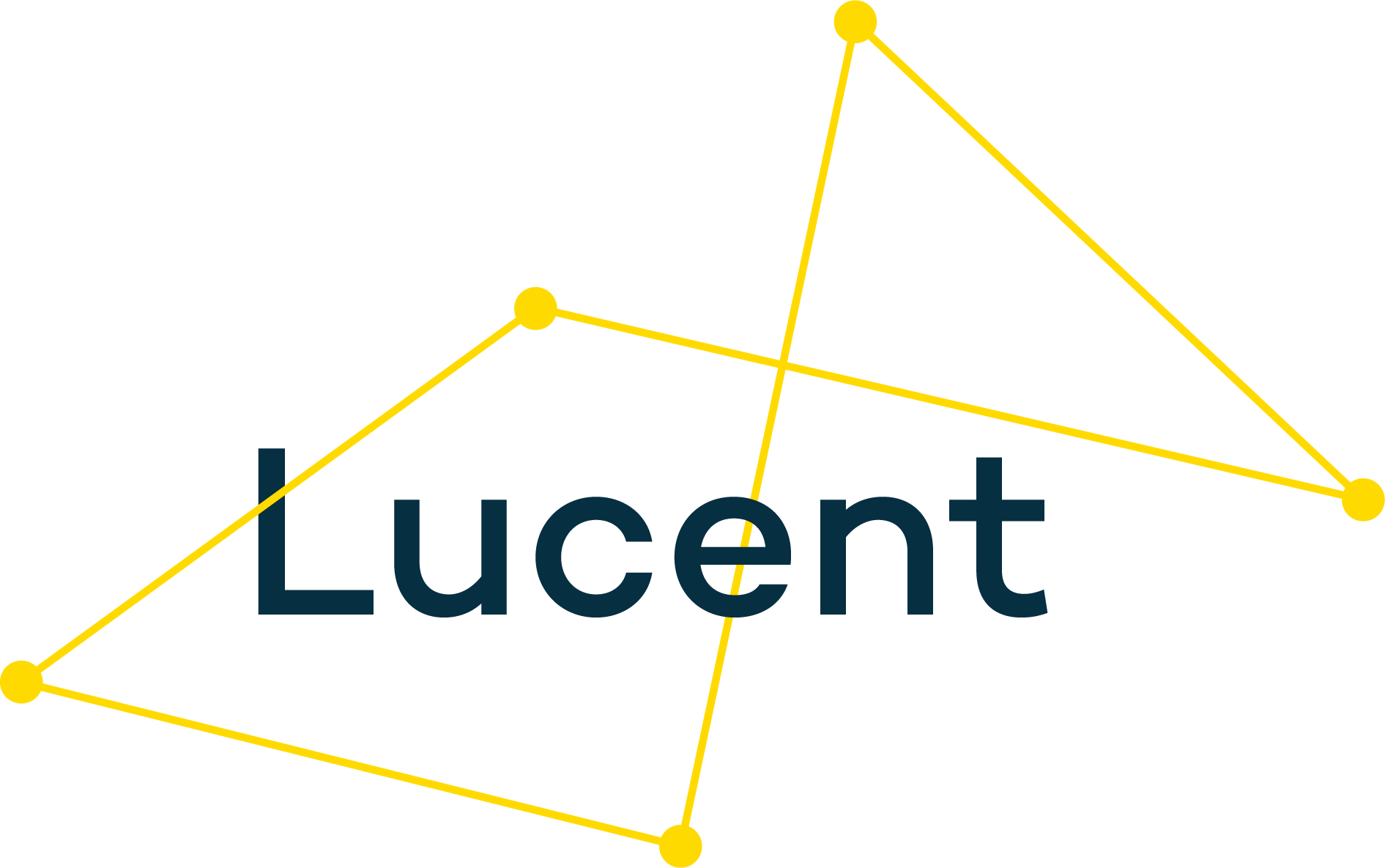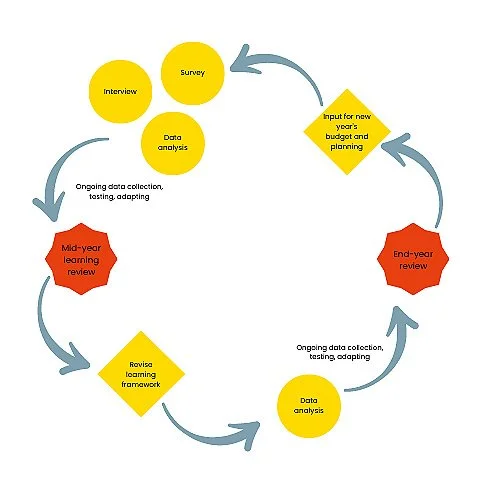How learning can help you make more impact
All organisations get stuck in particular ways of working. Some habits are helpful; some can be positively harmful; while others get in the way of people contributing their best work to an organisation’s mission.
A learning organisation is one where the team can gather evidence about what works, grow what’s good, adapt to changing circumstances and move away from what’s not working without fear or blame.
But getting to that point of continual learning is easier said than done. That is why we often work with organisations as a Learning Partner, where we provide a neutral, honest, evidence-driven and blame-free space for people to take a fresh look at their working practices.
How does Lucent support organisations in their learning?
Our approach to learning is sensitive and multi-layered, and we work with our clients to develop and refine all aspects of their learning. We bring an external perspective to conversations and help you navigate challenging discussions about blind spots and power dynamics.
Learning can generally be broken down into four phases:
Asking the right questions
Identifying and collecting the data you need to answer these questions
Analysing your data and understanding what it is telling you
Changing your practice based on what you are learning
For most organisations, learning is an ongoing and cyclical process. Developing a learning framework to structure your thinking can help embed learning into your normal workflows.
Ongoing and periodic approaches
We encourage our clients to approach learning in both short-term and long-term ways. On a day-to-day basis, we help you identify opportunities for continuous but controlled learning and adaptation in your practice. We also work with you to take a step back and test whether the fundamental assumptions that underpin your strategy remain valid and whether you are making progress towards achieving your goals.
On a practical level, we help you develop your learning framework, key questions and fit-for-purpose tools to collect the data you need. Experience has shown us that these tools will only be used consistently if they are manageable, proportionate and can fit seamlessly into your ways of working. For most organisations, a combination of ongoing data collection and periodic surveys (and, potentially, stakeholder interviews) can provide multiples rich levels of data to draw on.
We support you in making sense of your data so that you can spot patterns, trends over time and any areas of concern. Finally, we can work with you to determine how to translate this learning into realistic changes in your organisation – whether these are small tweaks in your practice or fundamental shifts in your culture and strategy.
Learning cycle - an illustration
Learning cycle
This comes together as a learning framework or learning cycle - and while each one is unique to the particular needs of the organisation we work with, you can find an illustration of what this looks like in practice on the right.
We have seen many organisations that are hesitant about learning as they’re not sure how to approach it. Our aim is to help our clients embrace a culture of learning as a fundamental part of their work, which will ultimately help you achieve even greater impact in the world.
Read about how we supported Carnegie UK Trust’s learning journey here.

